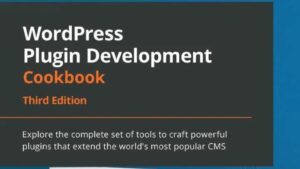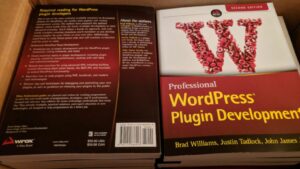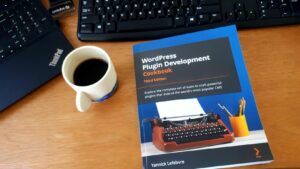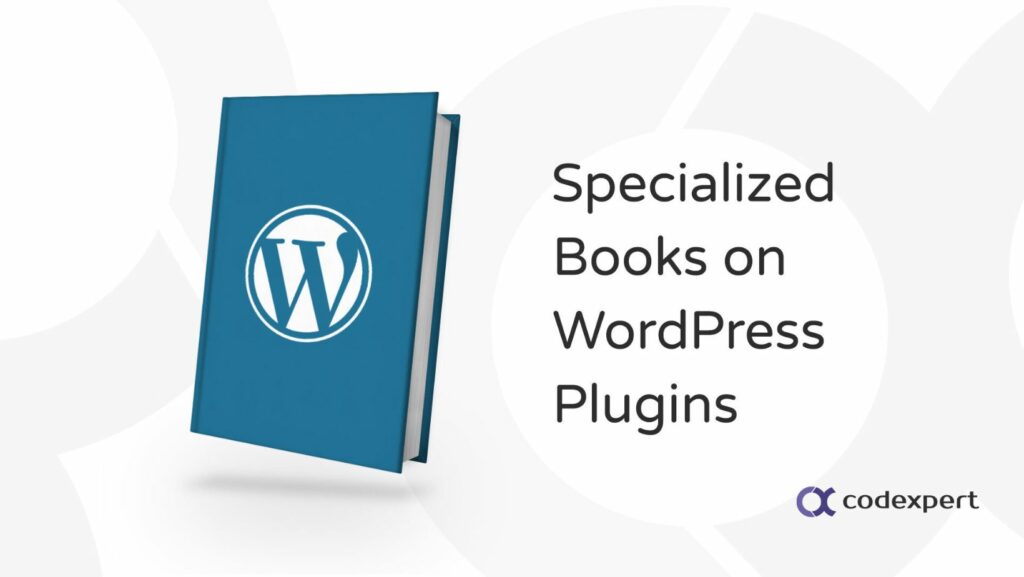WordPress Plugin Development Cookbook
 Are you looking to level up your WordPress plugin development skills? Dive into the world of WordPress plugin development with the ultimate guide – the WordPress Plugin Development Cookbook. This comprehensive resource is a must-have for developers seeking to create powerful and efficient plugins for WordPress websites.
Are you looking to level up your WordPress plugin development skills? Dive into the world of WordPress plugin development with the ultimate guide – the WordPress Plugin Development Cookbook. This comprehensive resource is a must-have for developers seeking to create powerful and efficient plugins for WordPress websites.
In this cookbook, you’ll discover a treasure trove of practical recipes and expert tips that will take your plugin development to the next level. From customizing user interfaces to optimizing performance, this cookbook covers everything you need to know to build top-notch WordPress plugins.
Whether you’re a seasoned developer or just starting, this cookbook will equip you with the knowledge and tools to create plugins that stand out in the WordPress ecosystem. Get ready to unleash your creativity and elevate your WordPress plugin development game with the WordPress Plugin Development Cookbook.
Understanding WordPress Plugin Development
WordPress plugins are pieces of software that can be added to WordPress websites to enhance functionality. They offer custom features and allow users to tailor their sites to specific needs  without altering the core WordPress software.
without altering the core WordPress software.
A WordPress plugin is a set of PHP, CSS, and JavaScript files that extend and expand the functionality of a WordPress site. Plugins can add new features, modify existing ones, or automate processes on a website. They are essential tools for developers looking to customize and enhance WordPress sites without directly modifying the core code.
Developing your own WordPress plugin offers a high level of customization and control over your website. By creating a plugin, you can tailor specific functionalities to meet your site’s unique requirements, ensuring seamless integration with your design and user experience. Additionally, developing a custom plugin gives you the flexibility to update and maintain your site’s features independently, without relying on third-party plugins that may not fully meet your needs.
Key Components of the WordPress Plugin Development Cookbook
Setting up and configuring a WordPress plugin development environment is crucial for efficient development. It involves installing essential tools like a code editor, local development server, and version control system.
Setup and Configuration
Developers need to establish a conducive environment by installing a code editor like Visual Studio Code, setting up a local server using tools such as MAMP or XAMPP, and implementing a version control system like Git for managing code changes efficiently.
Throughout the plugin development process, developers may encounter challenges such as compatibility issues with WordPress updates, security vulnerabilities, and performance optimization. Solutions involve staying updated with WordPress guidelines, implementing secure coding practices, and utilizing caching mechanisms for improved performance.
Core Recipes in the WordPress Plugin Development Cookbook
In the WordPress Plugin Development Cookbook, developers can explore essential recipes to elevate their plugin development skills within the WordPress ecosystem. From setting up a conducive development environment to implementing advanced techniques, this cookbook offers valuable insights for creating robust plugins.
 One fundamental recipe in the WordPress Plugin Development Cookbook is the creation of admin pages. By establishing dedicated admin pages, developers can provide users with intuitive interfaces to manage plugin settings efficiently. These pages can include form fields, settings sections, and customization options tailored to the plugin’s functionality, enhancing user interaction and control.
One fundamental recipe in the WordPress Plugin Development Cookbook is the creation of admin pages. By establishing dedicated admin pages, developers can provide users with intuitive interfaces to manage plugin settings efficiently. These pages can include form fields, settings sections, and customization options tailored to the plugin’s functionality, enhancing user interaction and control.
Another key recipe focuses on enriching the user experience through AJAX techniques. By leveraging asynchronous requests, developers can create dynamic and seamless interactions within their plugins, improving responsiveness and interactivity. AJAX enables real-time updates, form submissions without page reloads, and dynamic content loading, elevating the overall user experience on WordPress websites.
The WordPress Plugin Development Cookbook stands out as a valuable resource for developers seeking to enhance their WordPress websites with custom plugins. By offering practical recipes and expert insights, this guide equips users with the necessary tools to optimize performance, customize interfaces, and build high-quality plugins. With a focus on best practices such as unit testing, debugging, and performance optimization, developers can elevate their plugin development skills and create seamless user experiences.

